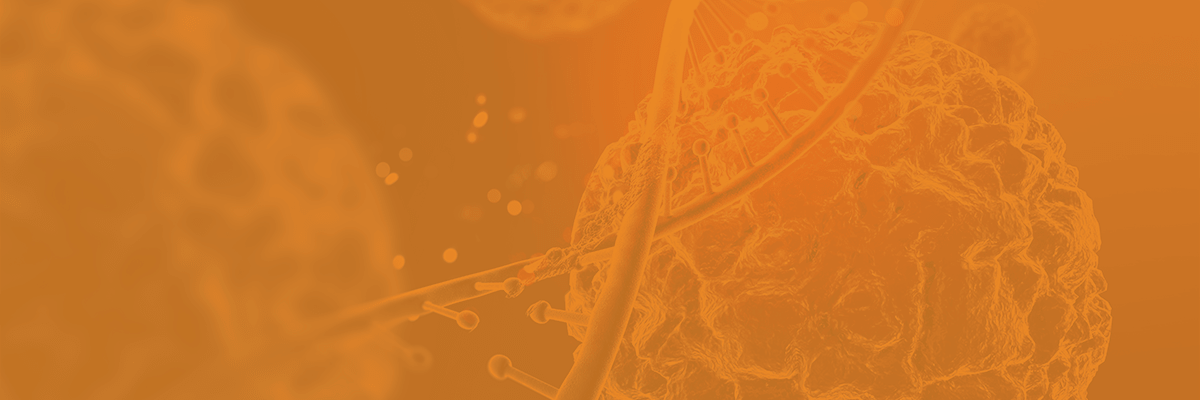What is Panorama?
Panorama is a non-invasive DNA screening test that can tell you important information about your pregnancy, as early as nine weeks of gestation. With Panorama, you can find out about the likelihood of your baby having a chromosomal condition, such as Down syndrome, with a simple blood test. If you so choose, you may also find out the gender of your baby.
















